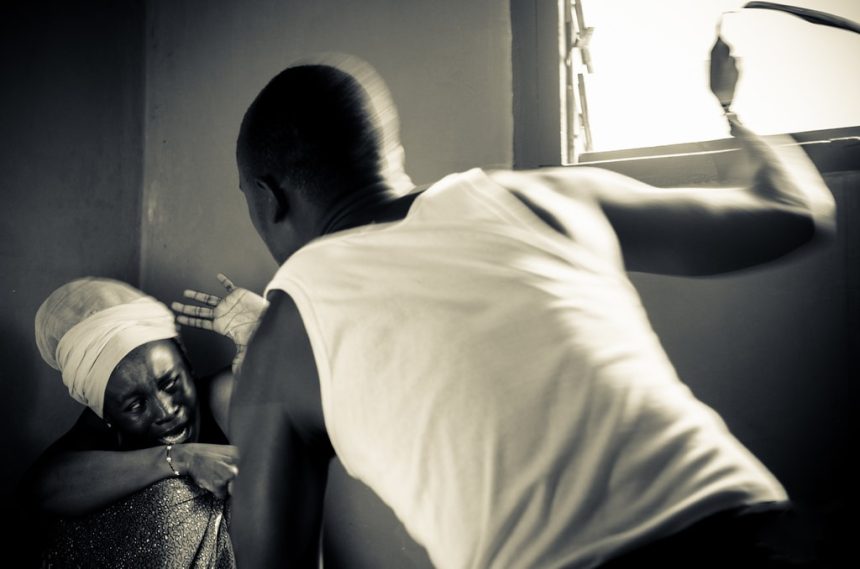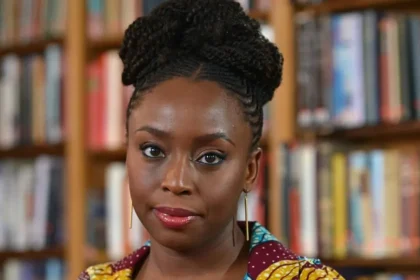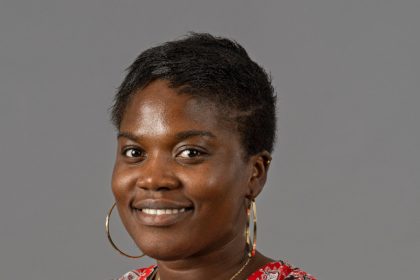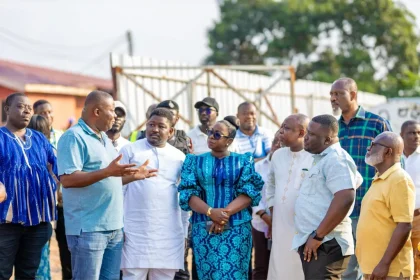The National Commission for Civic Education (NCCE) has called for stronger counselling support and early reporting mechanisms as it examines how gender-based violence increasingly affects marriages in Ghana.
At an engagement, officials of the Commission outlined the forms and impact of abuse within relationships, stressing that many cases remained unreported due to fear, stigma, or lack of awareness.
Madam Celestine Adzokovi, a Civic educator, described gender-based violence as “any act that harms or endangers a person simply because of their gender,” noting that it included verbal, sexual, physical and emotional abuse.
She said emotional abuse was often overlooked despite its severe psychological effects.
Madam Adzokovi advised individuals to confide in trusted relatives, colleagues or friends when troubled, saying, “A problem shared is half solved,” but emphasised the need for caution in choosing confidants.
Mr Edmond Babatunde, another Civic educator illustrated emotional violence with a scenario in which a husband grew hostile towards his wife after seeing her received late-night calls, refusing to communicate or eat meals prepared by her.
“This leaves the partner confused, hurt, and possibly depressed,” adding that “men also experience similar silent forms of abuse,” He said.
Speakers urged churches to strengthen counselling programmes for men and women groups to help couples share challenges and receive guidance.
They also encouraged families to intervene early when misunderstandings arose to prevent escalation.
Officials reminded the public that victims of abuse could seek free assistance from the NCCE, Commission on Human Rights and Administrative Justice and the Domestic Violence and Victim Support Unit of the Ghana Police Service, assuring that no one should fear exposure or neglect when seeking help.






